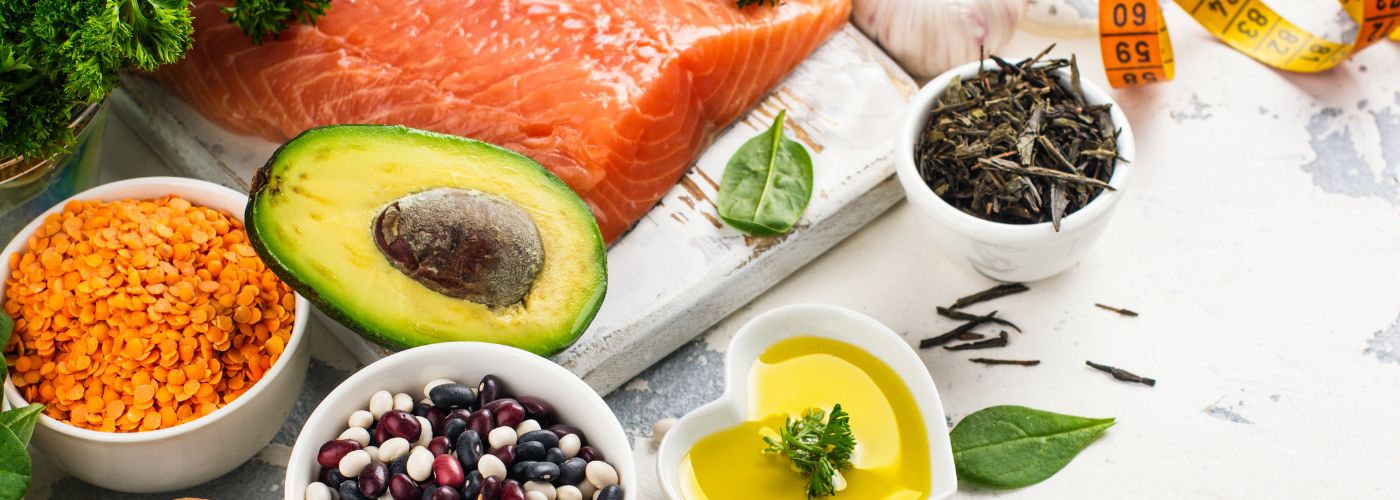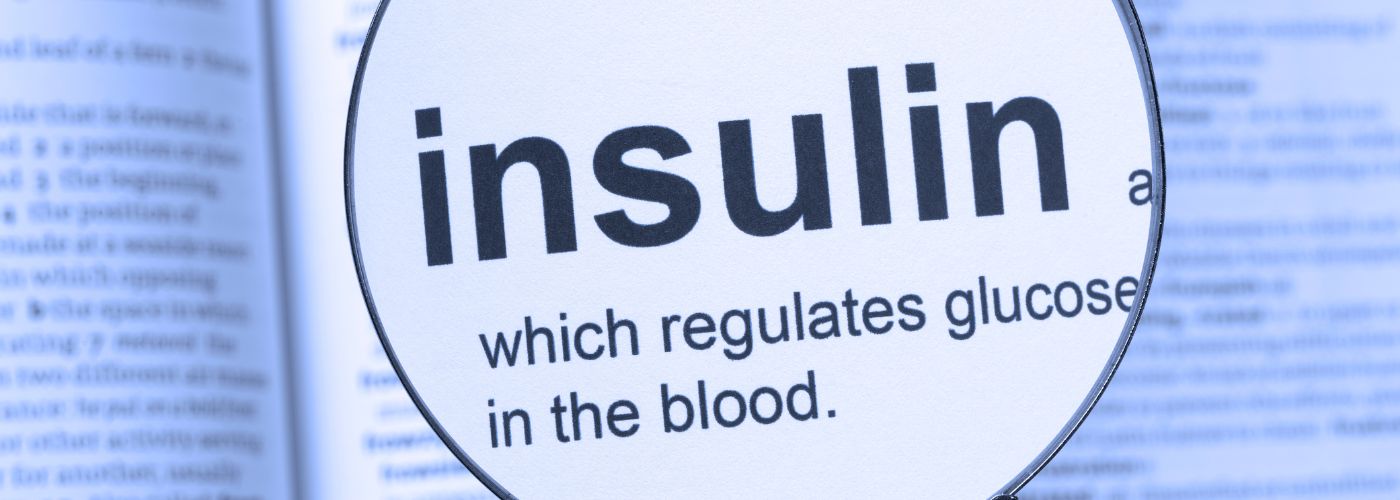Insulin resistance is a growing concern among individuals worldwide, with an increasing number of people experiencing this metabolic disorder. Fortunately, there are various lifestyle changes and strategies that can effectively manage insulin resistance and improve overall health outcomes. In this article, we will explore practical ways to help combat insulin resistance.
What Is Insulin Resistance? What Causes It?
Insulin resistance is a metabolic disorder that affects the body’s ability to effectively use insulin. Insulin, produced by the pancreas, is a hormone responsible for regulating blood sugar levels. When someone has insulin resistance, their cells become less responsive to insulin signals, resulting in elevated blood sugar levels.
This condition often occurs as a result of unhealthy lifestyle choices such as poor diet and lack of exercise. Over time, excessive consumption of sugary and processed foods can lead to weight gain and obesity, which are major risk factors for developing insulin resistance. Additionally, sedentary behavior and physical inactivity contribute to muscle loss and reduced insulin sensitivity.
Insulin resistance can have serious health consequences if left untreated. It increases the risk of developing type 2 diabetes, heart disease, high blood pressure, and other chronic conditions. Recognizing the signs of this condition is crucial for early intervention.
Diabetes is a condition where the body is unable to properly regulate blood sugar levels. There are two main types of diabetes: type 1 and type 2. Type 1 diabetes is an autoimmune disease where the immune system mistakenly attacks the insulin-producing cells in the pancreas, leading to a lifelong dependence on insulin injections.
Type 2 diabetes, on the other hand, is primarily caused by lifestyle factors such as poor diet and lack of exercise.
What Workouts Help Insulin Resistance?

Engaging in regular physical activity can play a crucial role in managing insulin resistance. But which workouts are the most effective? Let’s explore two types of exercises that have been proven to be particularly beneficial for improving insulin sensitivity.
Firstly, aerobic exercises like running, cycling, and swimming are excellent choices for individuals with insulin resistance. These activities increase heart rate and require sustained effort over an extended period.
Aerobic exercise helps muscles use glucose more efficiently by promoting the uptake of sugar from the bloodstream into muscle cells without relying heavily on insulin. This process ultimately aids in lowering blood sugar levels and improving overall insulin sensitivity.
In addition to aerobic workouts, strength training exercises should also be incorporated into a routine targeted at combating insulin resistance. Strength training exercises, like kettlebell workouts, not only help build muscle mass but also improve insulin sensitivity.
When you engage in resistance training, your muscles require more glucose to fuel the activity. This increased demand for glucose encourages your body to utilize insulin more efficiently, thereby lowering blood sugar levels over time.
Incorporating activities like weightlifting, bodyweight exercises, or using resistance bands into your fitness routine can be beneficial for individuals with insulin resistance.
What Foods To Eat To Help Insulin Resistance

Making dietary changes can play a crucial role in improving insulin sensitivity and managing insulin resistance. By consuming foods that are low in added sugars, high in fiber, and rich in nutrients like antioxidants and omega-3 fatty acids, individuals with insulin resistance can effectively support their overall health.
One group of foods beneficial for managing insulin resistance is whole grains. Including whole grain options such as brown rice, quinoa, oats, and whole wheat products can help regulate blood sugar levels due to their high fiber content. Fiber slows down digestion and helps prevent rapid spikes in blood glucose levels after meals.
Additionally, whole grains also contain a variety of nutrients such as vitamins, minerals, and antioxidants that contribute to improved insulin sensitivity. For example, magnesium found in whole grains has been shown to enhance insulin action and improve glucose metabolism.
Another group of foods that can aid in managing insulin resistance are white meats and fish. White meats such as chicken and turkey are lean sources of protein that can help stabilize blood sugar levels.
Protein takes longer to digest than carbohydrates, which means it provides a slow and steady release of glucose into the bloodstream. This prevents sudden spikes in blood sugar levels and promotes better insulin sensitivity by making the body feel fuller for longer.
Fish, particularly fatty fish like salmon, mackerel, and sardines, are rich in omega-3 fatty acids. These healthy fats have been shown to reduce inflammation in the body and improve insulin resistance.
Can Insulin Resistance Be Reversed
Several studies suggest that lifestyle changes play a crucial role in reversing insulin resistance. Maintaining a healthy weight through a balanced diet consisting of whole grains, lean proteins, and plenty of fruits and vegetables has been shown to reduce insulin resistance.
Regular exercise also promotes glucose uptake by muscles and improves insulin sensitivity, aiding in reversing this condition. One great exercise to help reverse insulin resistance is strength training.
Strength training exercises, such as weightlifting or using resistance bands, can help increase muscle mass and improve insulin sensitivity. This is because when you engage in strength training, your muscles require glucose for energy, leading to increased glucose uptake and utilization by the muscles.
In addition to strength training, aerobic exercises like jogging, cycling, or swimming are also beneficial in reversing insulin resistance. These activities increase heart rate and promote cardiovascular health while helping to burn excess calories and improve overall fitness levels.
Moreover, certain dietary modifications have been found effective in managing insulin resistance. Reducing consumption of sugary beverages and processed foods high in refined carbohydrates helps regulate blood sugar levels and sugar cravings and improve insulin function.
It’s important to note that if you’re pre-diabetic or experiencing insulin resistance, then it’s best to consult with a doctor and nutritionist who can get your health back on track. A doctor may prescribe certain medications to help your health. While the nutritionist can provide a balanced diet to help manage your weight or blood glucose.

Related Stories
Summer Olympics Legacy: From Past to Paris 2024
The 2024 Summer Olympics in Paris are set to be an amazing celebration of tradition,
Jul
Top Device For Neck & Back Massages
Are you tired of constantly battling neck and back pain after a long day at
Jul
Best Low Impact Workouts For Back Pain
Are you tired of dealing with back pain that seems to flare up every time
Jul
How To Use TENS Socks For Peripheral Neuropathy
Imagine being able to treat the tingling, numbness, and pain associated with peripheral neuropathy without
Jul
Maintenance Tips For TENS Unit Gel Pads
As you settle in for a soothing session with your TENS unit, the last thing
Jul
Tech-Powered Holistic Therapy with HiDow
July is Holistic Therapy Month, a time to celebrate practices that nurture the mind, body,
Jun